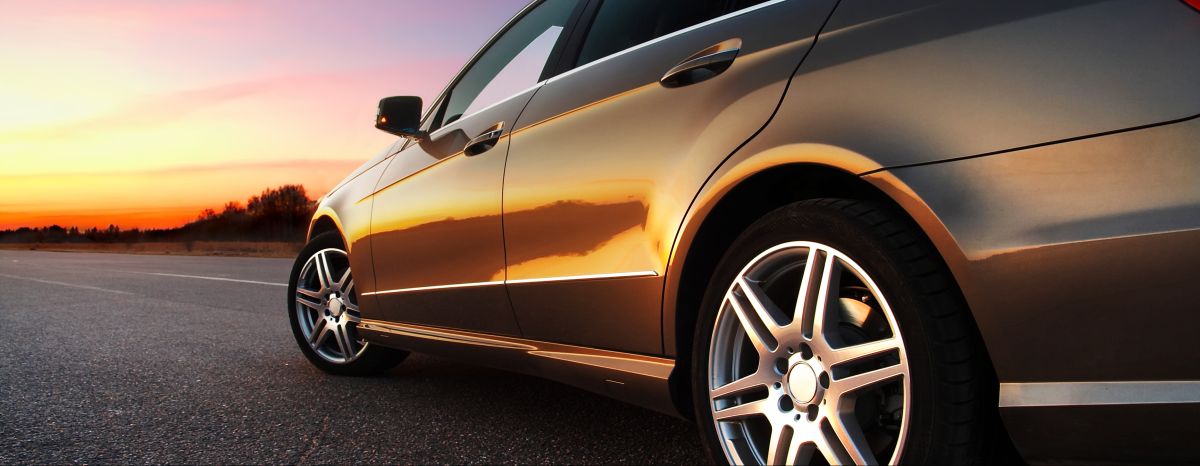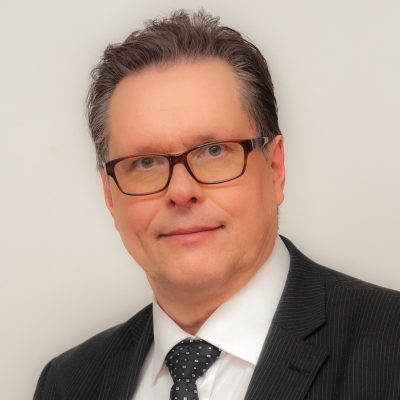Performance Evaluation of Passenger Car Fuel and Powerplant Options
Purpose and Objectives
With the gradual depletion of petroleum resources worldwide, developing alternative energy sources become a more urgent task all over the world. Alcohol fuels have the advantages of a wide range of sources. It could be manufactured from biomass raw materials, agricultural raw materials (sugar cane, cereals, rice, etc.), timber and urban waste, fossil fuels (natural gas, petrochemical and coal, etc.). Alcohol alternative fuels have been utilized within a certain range in the world. In the United States, Brazil, Sweden and other countries, the ethanol fuel made from biomass materials has been promoted. In China's Shanxi Province, Shanghai and other places, it has begun to pilot the promotion of methanol fuel.
As the reduction of the limits of regulated pollutant emissions, unregulated pollutants in vehicle exhaust emissions have become an increasing attention. With the gradual promotion of alternative fuels, studies have shown that the use alcohol fuels blended with gasoline in vehicles could reduce engine-out HC and CO emissions to some extent. The reason is that the oxygen content in the fuel can promote the complete combustion of the fuel. However, it may emit more unregulated pollutants, such as polycyclic aromatic hydrocarbons, aldehydes and ketones. These substances have a very strong stimulation and sensitization, as well as potential genetic toxicity and carcinogenic activity, which have a great impact on human health. It has become an important factor restricting the further development of alcohol alternative fuels.
Therefore, it is necessary to investigate the unregulated pollutants emission of vehicles fuelled with alcohol alternative fuels, which could promote to the application of alcohol alternative fuels more normalized and quickly.
By measuring the unregulated pollutant emissions of vehicles fuelled with alcohol fuels, the main purpose of this project is to obtain the unregulated pollutant emission levels of alcohols fuelled vehicles and gradually establish the measurement methods and limits of unregulated pollutants emissions.
Furthermore, the influences of measurement methods, automotive technology, alcohol content in the fuel, ambient temperature, test cycles and other factors on the vehicle unregulated pollutant emissions will be researched.
Activities
The main activities of this project include:
- Harmonization of test protocols between participating parties
- Testing of vehicles on a light-duty vehicle test facility, preferably with cooling equipment and ambient temperature control
- Comparison and evaluation of passenger car powerplant options.
The sub-activities of this project include:
- Coordination of the project
- Literature survey on different fuels’ well-to-tank (WTT) efficiency.
- Full fuel cycle performance. This will be calculated by combining well-to-tank data for various fuels generated in the current IEA Bus Project, and combining this data with the end-use-performance for various light-duty vehicle and fuel technologies.
Expected Results/Deliverables
The general outcome will be IEA sanctioned, unbiased data on the performance (energy use and emissions) of new technologies. This type of information is needed for decision makers at all levels. The project will produce a written Final Report, which includes:
- information and methodology how to test and compare new powerplant and vehicle technologies
- performance and comparison of various technology options within the same vehicle family (primary objective)
- performance and comparison of different vehicle families (secondary objective)
- full fuel cycle data for different passenger vehicles
- a data bank of different vehicle types and propulsion systems giving the opportunity to match vehicle, fuel and powerplant characteristics (both strengths and weaknesses) to the set of boundary conditions in application and environment at hand to find a good match, as there in no "silver bullet" to fit all cases.
| Project Duration | January 2011 – December 2015 |
| Participants | |
|
Task Sharing |
Canada, CATARC (China), VTT (Finland), Japan, AVL MTC (Sweden), USA |
|
Cost Sharing |
No cost sharing |
| Total Budget | ~450,000 € ($594,135 US) |
| Task Manager |
Mr. Juhani Laurikko |



